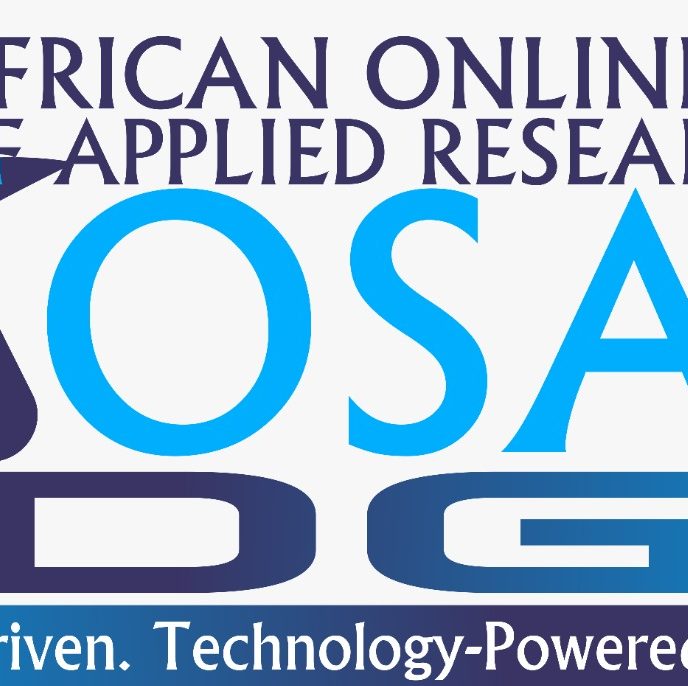AOSARS Conducts Training on Advanced Reference Materials Sourcing Methodology
The African Online School of Applied Research Skills (AOSARS) on Thursday 3rd April 2025 held a training on “Comprehensive Strategies for Sourcing Reference Materials” for the Kenyan Masters students from the University of Nairobi. The students were introduced to systematic approaches for gathering diverse academic resources using innovative technological tools and frameworks.
The training focused on enhancing research methodology through structured content searching and efficient acquisition of reference materials. The session examined a case study on entrepreneurial factors and business outcomes, using it to demonstrate how to identify key search parameters and target appropriate sources based on research variables.
Central to the training was the introduction of the revolutionary Letter Number Permutation Article Mining Methodology (LNPAMM) Worksheet. This innovative spreadsheet template enables mass downloading of journal articles by accommodating diverse contextual dimensions within the research process. The LNPAMM systematically caters to multiple parameters: the presence of specific variables in reference materials; the simultaneous presence of variables and units of analysis; the concurrent presence of variables, units of analysis, and geographical dynamics; and the chronological evolution of research through year-based filtering.
The methodology’s grid system allows researchers to create comprehensive search permutations across these dimensions, ensuring thorough coverage of the academic landscape relevant to their topics. The training emphasized specialized academic search tools for implementing these mass downloads while addressing practical considerations such as identifying questionable sources, managing duplicate materials, and optimizing reference management software. By implementing the LNPAMM approach, researchers can significantly enhance both the efficiency and comprehensiveness of their reference material sourcing, capturing nuanced contextual variations essential for robust academic research.



